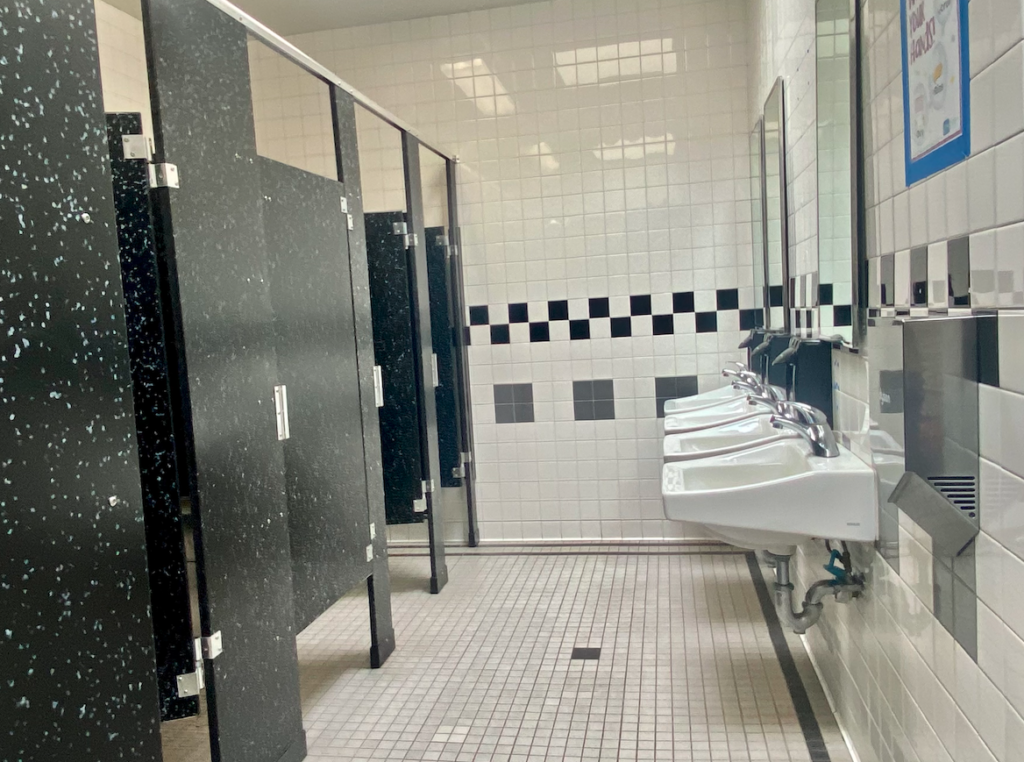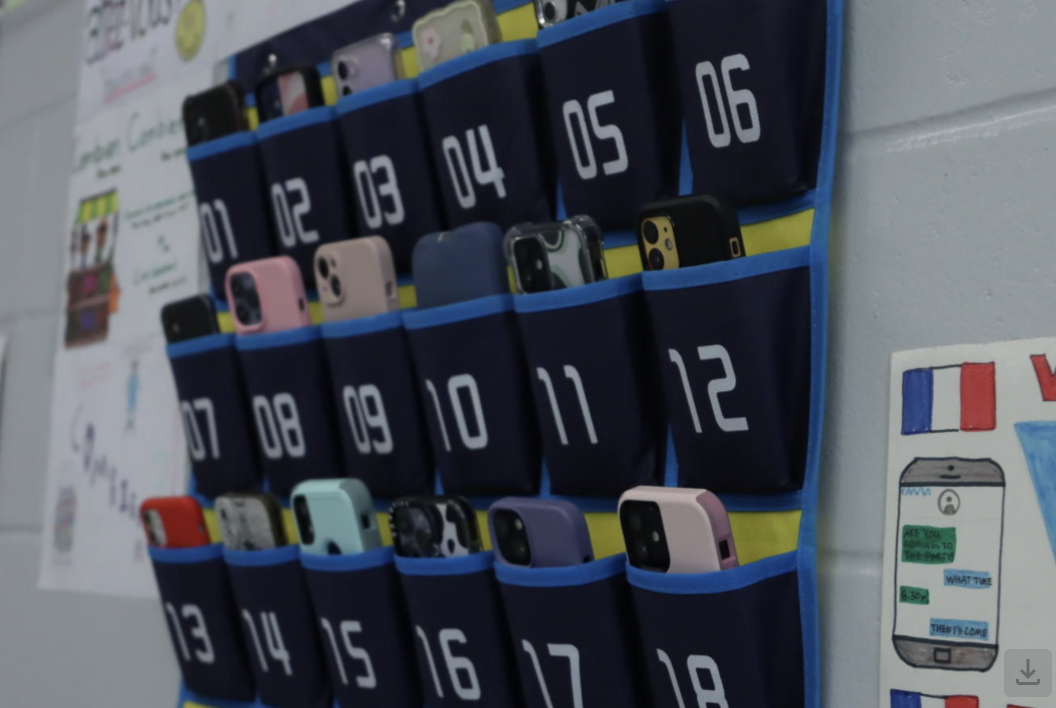Editorial: Social Media Addiction Should Not Be Put on Teens
April 9, 2022
Technology has revolutionized the way we connect. No longer are we limited to the hours of a school day to talk to our friends. Technology has become vital in order to exist in high school and without it, you are isolated. During the pandemic, the necessity of having a phone and social media has increased tenfold. With it, we were able to continue to learn, laugh, and live in a somewhat normal way.
As most teens know, social media is very addictive. I, like many others, have scrolled through TikTok for more time than I would like to admit. However, putting the blame onto teenagers is completely missing the point.
Social media and our phones themselves were designed with the explicit intention of being hard to put down. They reward the brain by giving social validation and boredom free entertainment. Even Facebook’s founding president, Sean Parker, admitted that his social media platform was “exploiting a vulnerability in human psychology.” Given this design, is it any wonder that teens are addicted? Is it really our fault for falling prey to a device that is meant to be hard to put down?
These past couple of weeks, I have felt frustrated by the blame that adults and leaders in this school have put onto teens for our addiction to our phones and social media. The solutions provided are ignorant towards the true deeper issues with these technologies. Putting our phone in a box whenever we go over to our friends’ houses, only garners frustration and a lack of trust from teenagers and does nothing to solve the issues that social media companies created in the first place.
Moving forward as a society we must devote resources to making smartphones less addictive. We shouldn’t blame our teens through unproductive presentations, we should instead look at the deeper societal problems that our dependence suggests. It’s true that there’s a correlation between social media usage and anxiety. But what if our mental health crisis is causing a rise in social media usage and not the other way around? What does it suggest about the state of the world for teenagers today? In this case cutting screen time may not solve the broader problems that are driving us to our screens.
When we’re anxious and depressed we are driven towards experiences that dull our pain and provide us momentary relief. Who doesn’t feel better after looking at fluffy cows or a chipmunk eating a nut out of someone’s hand? Solving these issues of mental health and addictive technology is difficult and can’t be fixed by a presentation from a magician or a movie calling teens ‘screenagers.’ Making changes to our technology and working to solve the issues with teens’ mental health are what will truly make a difference.
















